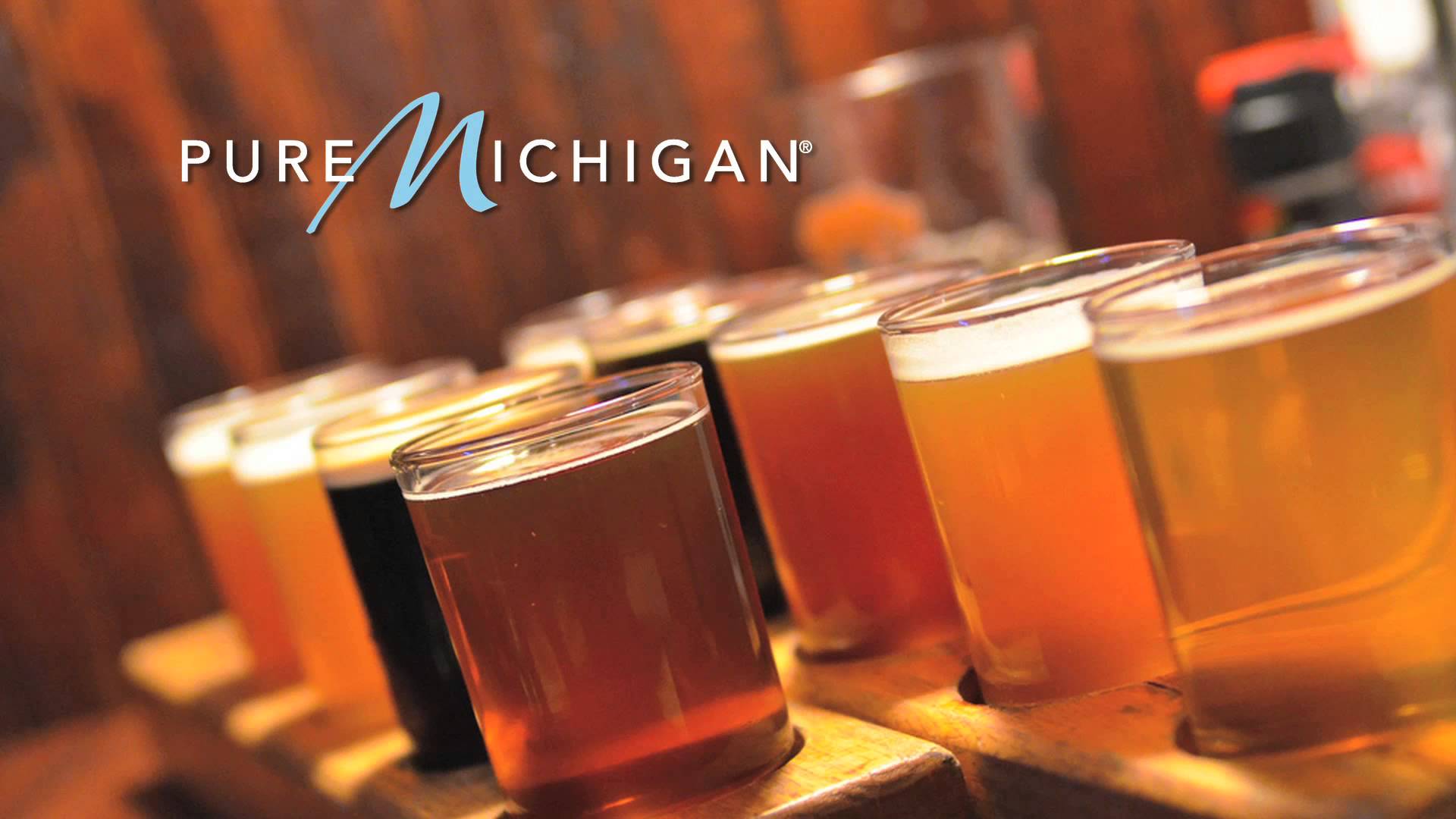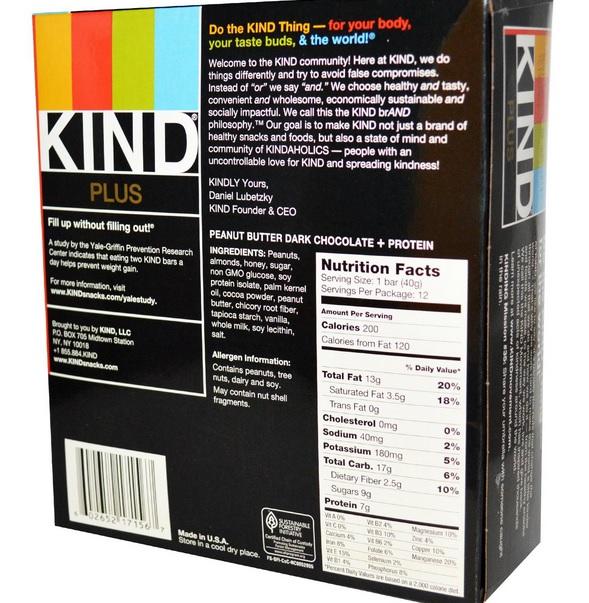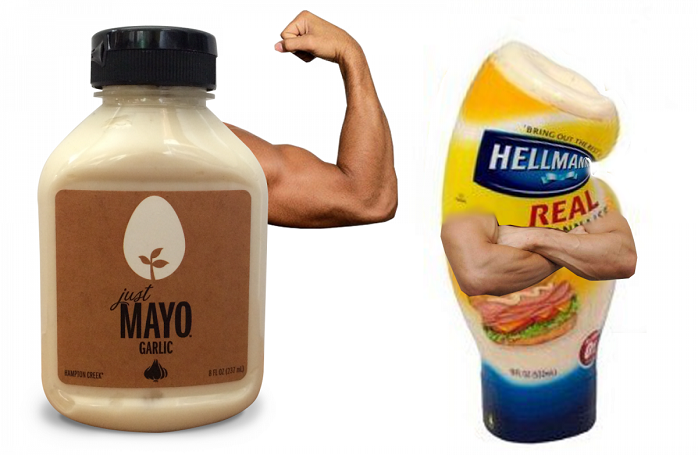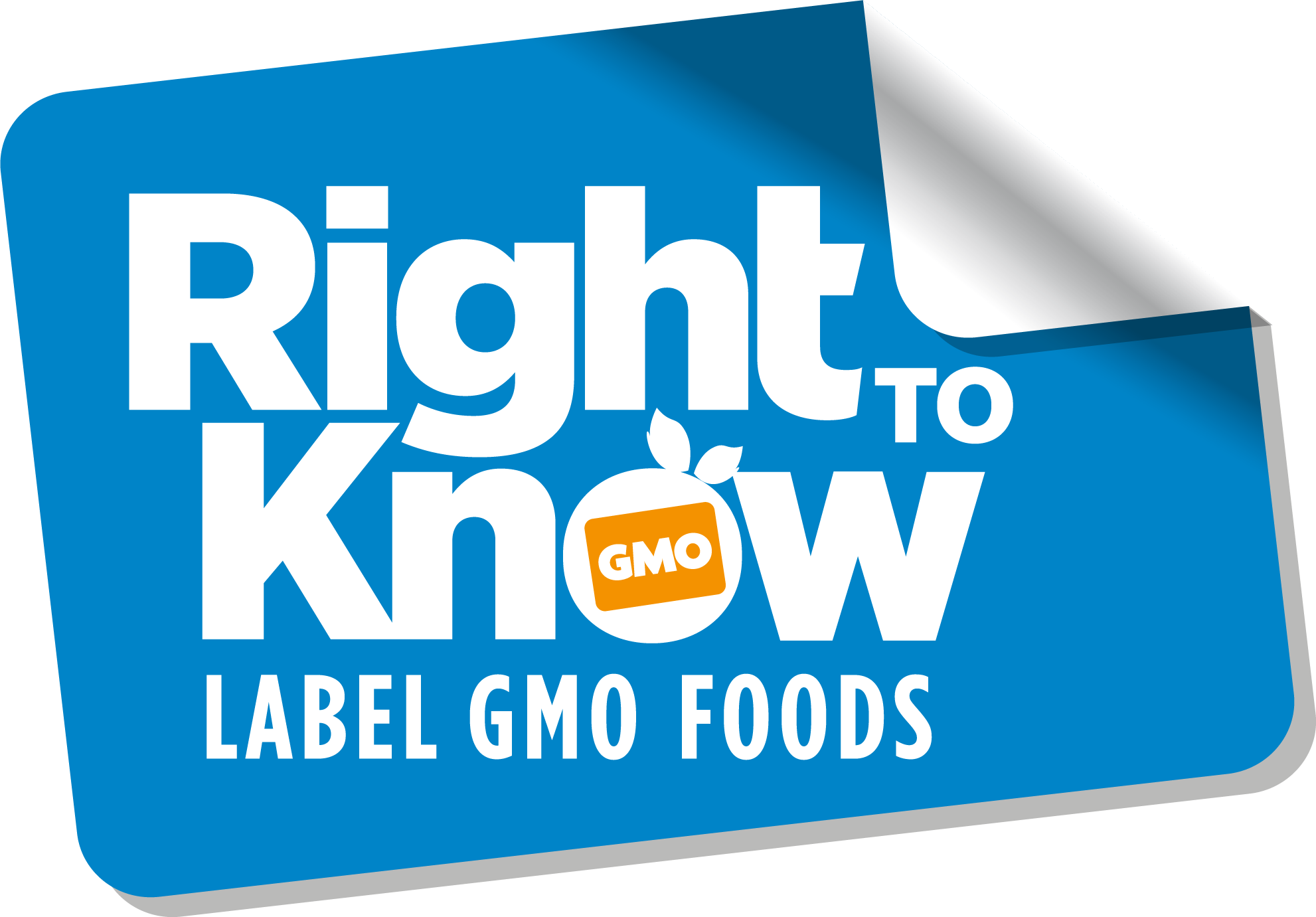On March 3, 2015, the New York State Assembly Committee on Consumer Affairs and Protection voted to pass bill which would require all food made with genetically modified organisms (“GMOs”) to state the presence of GMOs on their label.
The bill would require labeling for raw agricultural commodities, processed foods, seed and seed stock produced with genetic engineering. Under this proposed law, any food for human consumption, seed or seed stock offered for retail sale in New York is misbranded if it is entirely genetically engineered or partially produced with genetic engineering and that fact is not clearly and conspicuously disclosed on the product’s packaging. Fines for misbranding are a civil penalty of not more than $1000 per day, per product.
Any person, firm, corporation, or other legal entity may be held responsible for false labels and misrepresentations, but retailers are not subject to penalties unless: (a) the retailer is the manufacturer of the GMO raw agricultural commodity, processed food, seed, or seed stock and sells the GMO product under a brand it owns; or (b) the retailer’s failure to label was knowing and willful.
However, there are various exemptions for misbranding built into the bill. For example, food consisting entirely of, or derived entirely from, an animal that has not itself been produced with genetic engineering does not need to be labeled as GMO, regardless of whether the animal was fed with any food produced with genetic engineering.
Other exemptions include: products that were grown, raised, produced, or derived without the knowing and intentional use of GMO seed or food if the manufacturer provides a written statement in support of this lack of knowledge and intent; alcoholic beverages that are subject to regulation by the Alcoholic Beverage Control Law; food that has been lawfully certified to be labeled, marketed, and offered for sale as “organic”; and food that is served, sold, or otherwise provided in any restaurant, food facility, or food retailer that is engaged in the sale of food prepared and intended for immediate human consumption.
This proposed statute bears a striking similarity to the statewide GMO labeling bill rejected by California lawmakers in 2014, with nearly identical definitions and safe harbor exemptions. Unlike the proposed California law, however, New York would enforce the law through civil penalties issued by the State Department of Agriculture and markets rather than through an injunction sought by the state Attorney General to stop continued violations of the law. Further, unlike Connecticut and Maine’s GMO-labeling laws, New York’s proposed law does not have a triggering requirement based on when a certain number of states approve related legislation.
If passed, New York’s GMO labeling law would take effect twenty-four months after it becomes law. New York would be the fourth state to approve a GMO-labeling law, which would then trigger Connecticut and Maine’s related laws. New York’s GMO labeling law, however, will likely face legal challenges similar to the lawsuit filed by the Grocery Manufacturers Association seeking to rescind Vermont’s GMO-labeling statute.
Stay turned for further updates as the bill makes it way through the New York state assembly.

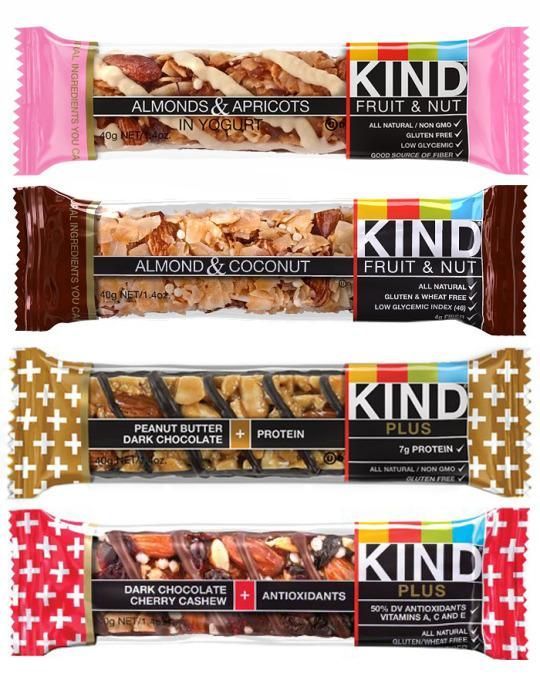

 Earlier this year, Hampton Creek Inc., the maker of Just Mayo, was sued by Unilever, the maker of Hellman’s mayonnaise, and accused of false advertising for calling its egg-less spread “mayo”. Even though experts thought the claims were strong, the case was eventually dropped due to the negative publicity Unilever received which painted it as a corporate bully. As mentioned in an earlier
Earlier this year, Hampton Creek Inc., the maker of Just Mayo, was sued by Unilever, the maker of Hellman’s mayonnaise, and accused of false advertising for calling its egg-less spread “mayo”. Even though experts thought the claims were strong, the case was eventually dropped due to the negative publicity Unilever received which painted it as a corporate bully. As mentioned in an earlier 

